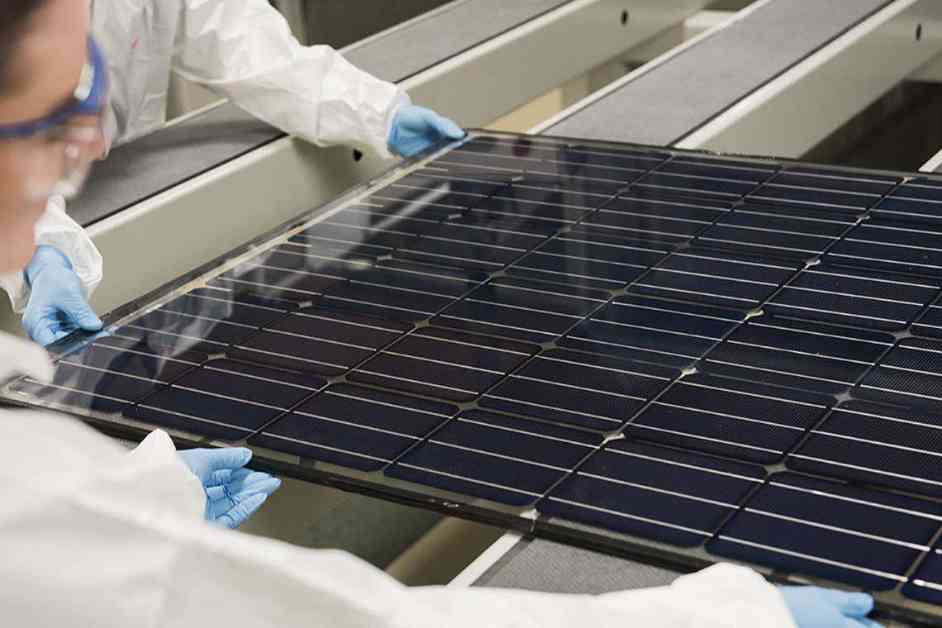Solar power has become the most affordable form of energy thanks to efficient solar panels. These panels are now being designed using space-age technology to enhance their capabilities even further. The latest innovation in solar cells has resulted in the creation of the most efficient solar cell ever made, capable of converting nearly half of the sunlight it receives into electricity. This is double the efficiency of standard solar panels currently available in the market.
The potential of such a powerful solar cell is immense. If these cells become widely accessible, they could significantly reduce the cost of solar energy production. Additionally, they could also decrease the amount of land and materials required to set up solar panel systems. However, one major obstacle is that these ultra-efficient cells were initially developed for powering satellites in space. They were constructed using costly materials that are not feasible for widespread use on Earth.
Despite the high cost associated with these advanced solar cells, experts believe that investing in research and development to make them more affordable could have long-term benefits for clean energy production. By finding ways to manufacture these high-efficiency solar cells using more cost-effective materials, the overall cost of solar energy could be further reduced. This would make solar power even more competitive with traditional fossil fuels and help accelerate the transition to a cleaner energy future.
In addition to the advancements in solar panel technology, there are other exciting developments in the field of renewable energy. Researchers are exploring new ways to store solar energy more efficiently, which could address the issue of intermittent power generation from solar panels. By improving energy storage solutions, solar power could become a more reliable source of electricity, even when the sun is not shining.
Moreover, governments and businesses are increasingly recognizing the importance of investing in renewable energy sources like solar power. Initiatives to incentivize the adoption of solar panels and other clean energy technologies are being implemented to reduce greenhouse gas emissions and combat climate change. As more countries commit to transitioning to renewable energy, the demand for innovative solar panel designs will continue to grow.
Overall, the evolution of solar panel technology, inspired by space-age innovations, holds great promise for boosting clean energy production on Earth. By overcoming the challenges associated with cost and efficiency, solar power could play a crucial role in powering a more sustainable future. With ongoing research and investment in renewable energy solutions, the potential for solar panels to revolutionize the way we generate electricity is brighter than ever.












